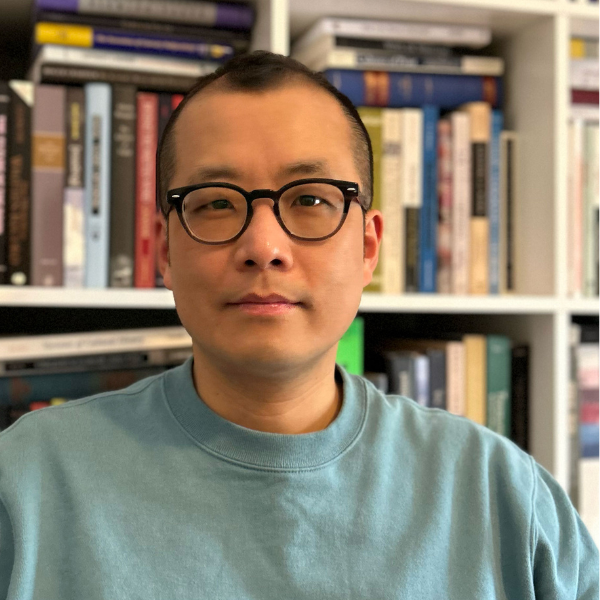

I would strongly encourage other scholars to pursue open access publication opportunities. The benefits—expanded readership and easier accessibility—come on top of all the advantages that traditional monograph publication brings.
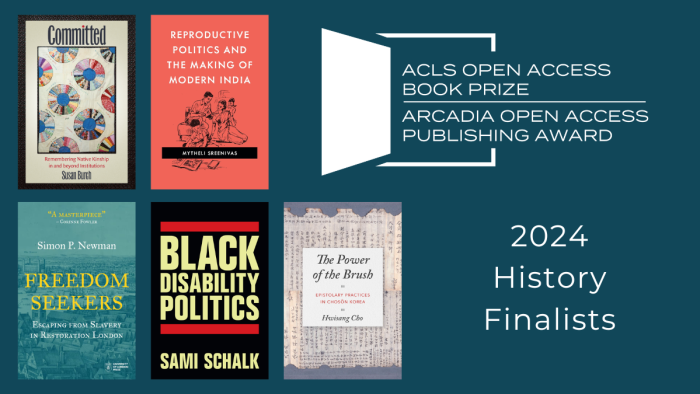
Ahead of the May 2, 2024 announcement of the winners of the inaugural ACLS Open Access Book Prizes and Arcadia Open Access Publishing Awards, ACLS spoke with the finalists about their books and experiences as open access authors. Supported by a generous grant from Arcadia, a charitable fund of Lisbet Rausing and Peter Baldwin, the prizes recognize authors and publishers of exceptional, innovative, and open access humanities books.
Eligible open access books in the history category include historical examinations of all eras, geographical regions, peoples, or cultural developments, published between 2017 and 2022. The five finalists span a wide range of disciplines, topics, and institutional diversity. Below are excerpts from interviews with the history finalists, as well as links to the full Q&As that originally appeared in our Open Access Book Prize newsletter.
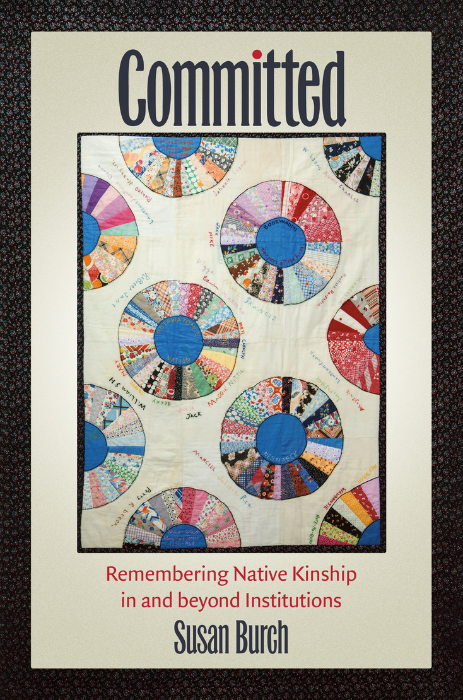
Why did you decide to publish this book open access? How were you able to do so?
Accountability to overlapping communities—Native American and disability—is why I prioritized an open access publication. Both historically and currently, barriers (economic, social, political, and built-world designs) strongly shape Native and disabled people’s lives. Opening up the fields of disability and Native American history to readers who might not otherwise know this story, or ways of studying it, drove the project too. Having the format, content, and approach to this book align with the values propelling it pointed directly to open access.
I actively sought out UNC Press for this project because of their commitment to open access historical monographs and because of their stellar editorial staff. Subvention funding from my home institution and resources from our faculty professional development fund defrayed some of the production cost.
Rather than consider open access simply as a format, let’s think of it as a catalyst to co-create more accessible humanistic scholarship. Susan Burch
Any words of advice to other scholars who are considering open access publication?
Please join us in this work! Open access is a powerful tool that promotes more equity and inclusion. It’s also an invitation for us to grow as scholars and writers. Rather than consider open access simply as a format, let’s think of it as a catalyst to co-create more accessible humanistic scholarship. Actively write for the broader audience that will engage an open access book; stretch to communicate in a style that meets these readers where they are, and construct work that anticipates and engages a wide-ranging public.
Read more in our newsletter Q&A.
What made you interested in this subject?
I was very interested in the ways modes of reading and writing changed along with transformations in social and economic forces, the rise of new kinds of philosophical thought, and innovations in political participation. As I examined these changes in early modern Korea, I discovered that the practice of letter writing was not used simply for passing on messages in everyday life but operated as the very site for defining and negotiating interpersonal connections, social structures, and political mobilizations.


I would strongly encourage other scholars to pursue open access publication opportunities. The benefits—expanded readership and easier accessibility—come on top of all the advantages that traditional monograph publication brings.
Why and how did you pursue open access publication for this book?
I was most interested in having it available for readers in developing countries. Because Korean studies is a relatively small field, many libraries do not purchase expensive academic titles, particularly those on premodern subjects. Besides the cost of purchasing academic monographs, I took into account how hard it could be to access academic titles like mine for a small band of readers interested in premodern Korea, let alone for readers outside Anglophone academia. I was extremely fortunate because my own institution was encouraging open access publication through the TOME (Toward an Open Monograph Ecosystem) program.
Any words of advice to other scholars who are considering open access publication?
I would strongly encourage other scholars to pursue open access publication opportunities. The benefits—expanded readership and easier accessibility—come on top of all the advantages that traditional monograph publication brings. The encounters with unexpected readers from unanticipated communities are always fascinating and inspiring.
Read more in our newsletter Q&A.
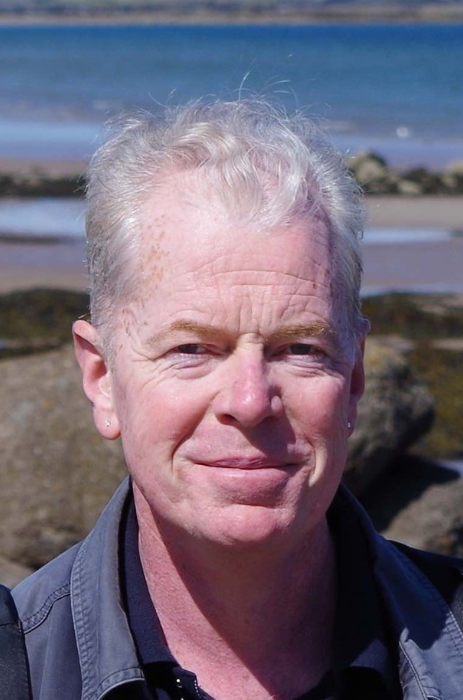
What was your experience as an open access author?
Before this book, I had published three monographs with academic presses. I am most struck that publishing an open access monograph was similar to print publishing in much of the pre-publication process. Peer review, close work with an editor, and feedback from an expert copy editor all worked in more or less the same way as traditional print publishing. I learned first hand that the scholarly and editorial standards academics expect from the publishers of printed academic books can be exactly the same for open access books. For me it was important to realize that the scholarly processes involved in creating a traditional physically weighty academic tome are just as integral to the creation of an open access book that for many people will exist only on their computer or digital device. Realizing this is vital for the continued expansion and future success of OA publishing.
For me it was important to realize that the scholarly processes involved in creating a traditional physically weighty academic tome are just as integral to the creation of an open access book that for many people will exist only on their computer or digital device. Simon P. Newman
How were you able to pursue open access publication for this book?
My Leverhulme Trust project resulted in a database as well as various collaborations with filmmakers, playwrights, composers, and the creation of a graphic novel for use in Scottish schools. I knew that I wanted to write a book that would be easily available to any interested readers, academic or not. As Vice President of the Royal Historical Society (2014–2017), I led the development of New Historical Perspectives, an open access series for early career historians. This work reinforced my sense of the importance of open access publishing, which I had first explored in a lengthy multimedia open access article.
Having worked with staff at the Institute of Historical Research (IHR) and the University of London Press in the creation of New Historical Perspectives, I approached them first. The press allowed me to include several “moving maps” in the open access monograph, in which short videos illustrate the population of data on maps of London over time. At the same time I was using my research in collaboration with young Black and South Asian artists and poets in London, resulting in a film and open access book of their work. My open access monograph and this work are intimately related, and each leads different groups of readers to the other. I could not have as effectively had my book reach both academic and popular audiences if I had published a print-only book.
Read more in our newsletter Q&A.
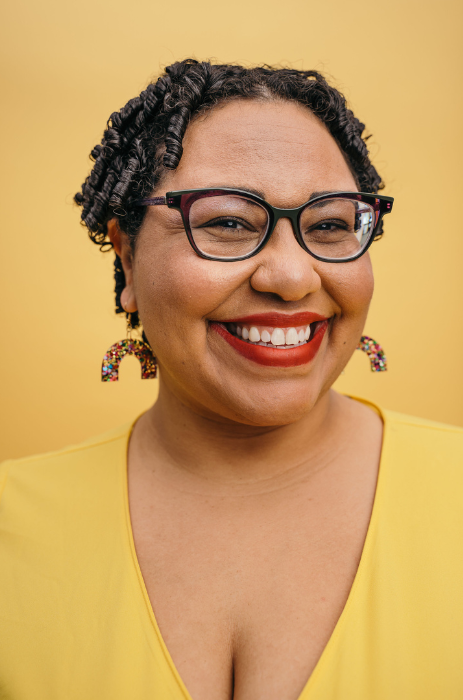
What influenced you to write this book?
I first took a class in disability studies when I was 19 in college. Around the same time I was taking a Black feminist theory class where disability came up a few times, but definitely not from the critical perspective I was getting in my disability studies class. The lack of engagement between these two areas of study didn’t make sense to me and seeded an interest in bringing these fields together. Since I already had tenure, writing Black Disability Politics gave me the opportunity to break some norms of the traditional academic monograph to write the book I wanted to write, the book I thought my communities, both academic and activist, needed.
Why and how did you pursue open access publication for this book?
This book focuses primarily on the work of activists, including contemporary living Black disabled activists I interviewed for the project. It became clear to me early on that if I wanted the book to influence and reach the audience I wanted to reach—Black disabled people, Black activists, and Black academics—then I needed to make it accessible. This initially entailed writing accessibly, [by] trying to reduce academic jargon and breaking up complex sentences, but eventually I became committed to making the book open access. For me, it felt deeply unethical to write a book about and for activists that most activists could not access; I wanted it to be available to anyone who wanted to learn more about how Black people have engaged with disability politically or who wants to do that kind of organizing in the present.
I first asked my editor, Elizabeth Ault, if Duke would be willing to publish the book open access. She advocated for me and my vision, and ultimately Duke agreed to publish the book open access simultaneously with the printed version for $20,000. Luckily, at that time I had recently been awarded the Provost’s Early Career Award, which provided $50,000 in unrestricted research funds, and I was able to pay to make the book open access from that award.
It became clear to me early on that if I wanted the book to influence and reach the audience I wanted to reach—Black disabled people, Black activists, and Black academics—then I needed to make it accessible. Sami Schalk
Read more in our newsletter Q&A.
What made you interested in this subject?
My research for this book began with my curiosity about overpopulation as an explanation for a wide range of problems in postcolonial India, from poverty to inequality to failures of economic development. This was an explanation I heard when growing up, and one that I accepted as true for a long time.
But as a historian, I began to wonder how and why an assumption that India was overpopulated became so convincing to so many people. As a scholar focused on histories of gender and sexuality, I understood that claims about population and overpopulation were rooted in a set of assumptions about reproduction. The book asks when, and why, reproduction became seen as a kind of social problem in India’s modern history. Whose reproduction is valued, and whose is condemned? How does reproductive capacity get mobilized, or demonized, in the service of political or economic goals? How might attention to reproductive politics illuminate a wider geopolitics?
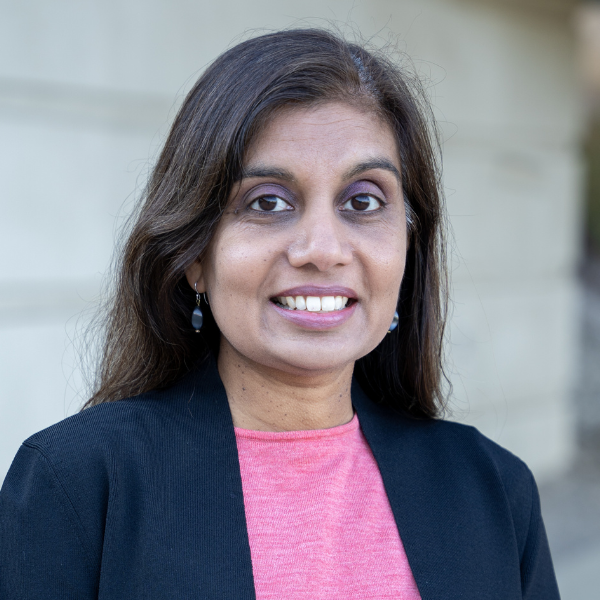

Publishing open access has enabled me to align the book’s arguments, which question certain dominant and elite ideas about the history of population and reproduction, with the book’s accessibility, which is now available to most anyone with an internet connection.
Did anything surprise you in your experience as an open access author?
I’m a bit surprised that it worked so well! I regularly hear from undergraduate and graduate students who have read the open access edition, and many are from institutions that would not otherwise be able to purchase the book. I’ve also been surprised and gratified by the range of countries where readers are located, which extends beyond the United States and South Asia.
Most of all, publishing open access has enabled me to align the book’s arguments, which question certain dominant and elite ideas about the history of population and reproduction, with the book’s accessibility, which is now available to most anyone with an internet connection.
Read more in our newsletter Q&A.
Publishers are invited to submit entries for the 2025 ACLS Open Access Book Prizes and Arcadia Open Access Publishing Awards by September 10, 2024.